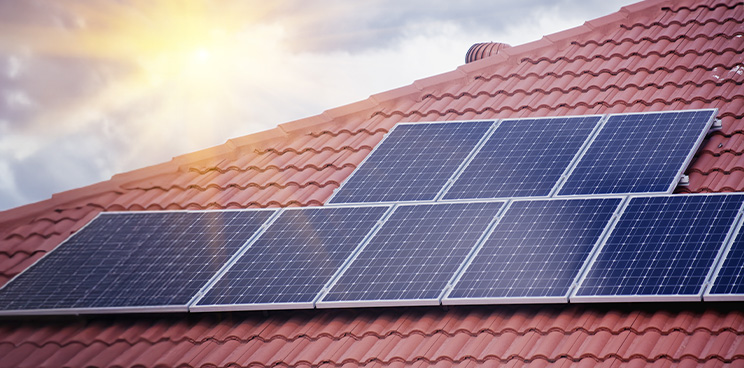The International Day of Clean Energy on January 26 puts a spotlight on clean energy like solar energy. As the world experiences the impacts of global warming, it is becoming more encouraging for people to transition to solar power and save the world’s future from the dangers of fossil fuels.
In recent years, the Philippine government has been investing in solar energy. In January 2025, Emirati state-owned company Masdar pledged a USD 15-bn investment to our renewable energy sector.1 Before this, the construction of the Terra Solar Project, the largest integrated solar and battery storage facility in the world, started in Gapan City, Nueva Ecija in 2024.2
Why should you consider switching to solar power? Here are five reasons:
Solar power can generate electricity without emitting pollutants like carbon dioxide, a greenhouse gas that contributes to climate change.
Research shows that for every kilowatt-hour (KwH) of solar power produced, 0.88 kilograms of carbon dioxide are prevented. This means that for every 1.5 kW of installed solar capacity, 1,576 kilograms of carbon emissions are avoided. This is equivalent to planting 256 square meters of trees.3
In addition, the process of solar panels generating power is environmentally cleaner compared to the process of generating gas from fossil fuels. Solar panels only need sunlight to generate power. In comparison, extracting fossil fuels is done through fracking, drilling, and strip mining — all of which are damaging to the environment.
It can be costly to install a solar power system in your home. In the long run, however, harnessing the sun's energy is more affordable than relying on fossil fuels.
For every 50 megawatts of solar power installed, consumers are only spending Php 0.3 per kilowatt-hour (KwH). If a household consumes 300 kWh a month using solar power, they are only spending around Php 1.4
It is becoming more encouraging for people to transition to solar power and save the world’s future from the dangers of fossil fuels.
Setting up solar panels is adaptable and fitting to various building structures in the Philippines. The usual solar panel has a lifespan of 20 to 25 years and it only requires a minimal effort of maintenance, cleaning, and inspection.
Solar panels are also designed to be resilient against harsh weather conditions. In the Philippines, which experiences numerous typhoons every year, solar panels are guaranteed to remain intact and produce solar energy continuously.
There’s an ongoing myth that solar panels cannot produce energy during cold weather. Cloudy days may reduce the production of electricity but it can never go away.
Because the Philippines is near the equator, the country’s location is perfect for producing solar energy. Filipinos experience an abundance of sunlight. Because of this, the country can even have a surplus of solar energy and it can help in addressing the issues of electricity supply.
Solar power can be generated independently from the installed grid. Because of this, solar power is not vulnerable to supply shortages and security issues.
Energy experts predict that the world’s oil supply may only last for another 30 years. Because of this, oil exploration is getting riskier and more expensive and it influences the global price of oil barrels. 5
The International Day of Clean Energy is not just raising awareness about solar power and other forms of clean energy. It also encourages everyone to continue their efforts in cleaning the environment for future generations.








